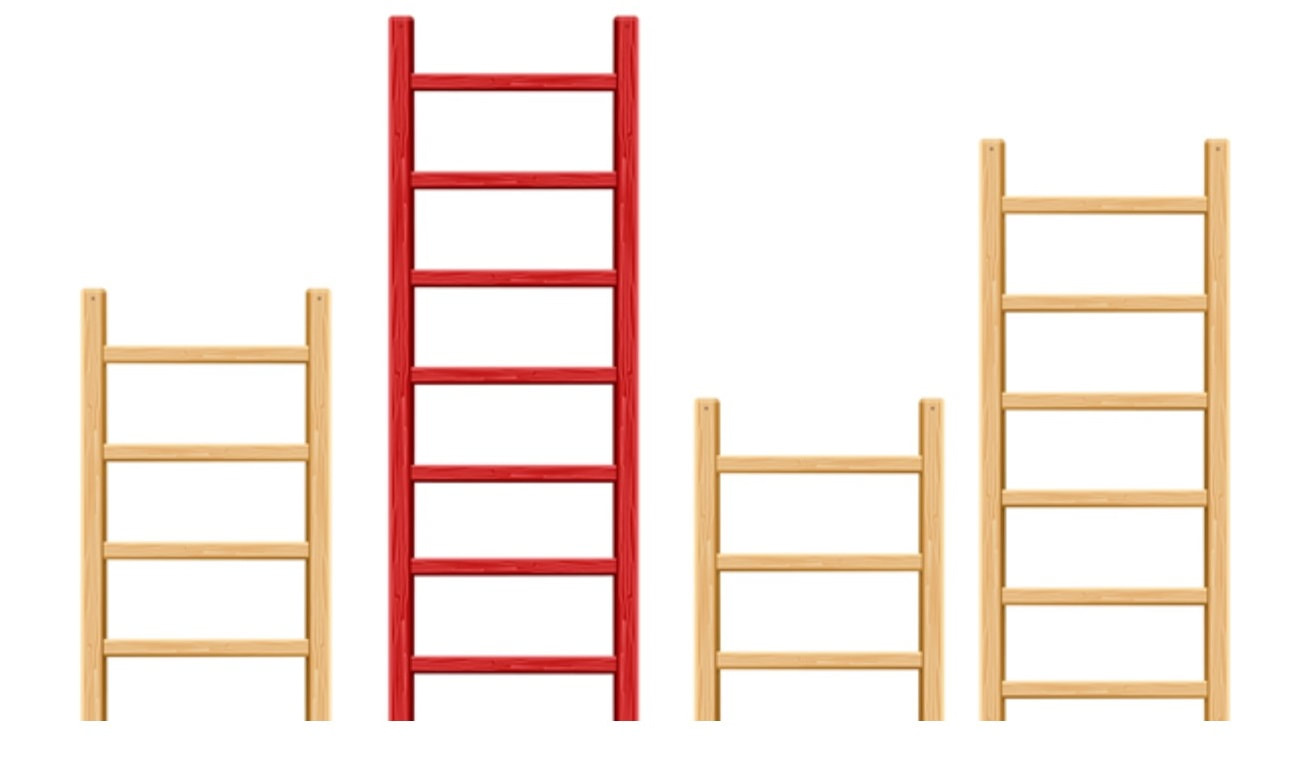Six Things to Keep in Mind to Enjoy the Best Holiday Season Ever!
0 Comments
Is it possible to take the guilt out of parenting?Several years ago, I asked a group of fourth grade students if they could describe what guilt feels like. They could. They described it as “gut-wrenching” and “excruciating”! What could children in fourth grade possibly have done in their lives that could justify them carrying guilt around? At that age? The problem is that one mistake can lead to a child forming a negative belief about himself that he is guilty, and that belief will stay with him for the rest of his life until it is challenged.
We all have unhealthy doses of guilt, but why? We have trouble forgiving ourselves when we do something wrong. Many of us are still serving out the life sentences we gave ourselves as children! Guilt has a way of being transmitted from parents to children. I once saw a cartoon which pictured a mother sitting in a café with her adult daughter. Her daughter says to her, “I feel I need you less, now that I can make myself feel guilty on my own!” Parenting is fraught with opportunities to feel guilty—I’m sure you would agree! We’ve all done things we wish we hadn’t as parents, and in life in general, but feeling guilty is not helpful until we learn to challenge it. Guilt has to go. Guilt is a negative belief that seeks evidence and it is strengthened each time more evidence is found. It can lead to self-loathing, which drives negative behaviors such as addiction, so it needs to be tackled early. In fact, suicide prevention and addiction prevention can begin in elementary school by tackling the guilt and other negative beliefs children pick up as they grow. Innocence-maintenance is a job we can help our children with, so be your child’s guilt-buster. If your child does something wrong, make sure that guilt is not an ongoing problem. Five Ways to Be Your Child’s Guilt-Buster
The point is that the essence of who your child is has never changed, and being in touch with the reality of his Inherent Worth will ensure that there are fewer and fewer guilty incidents moving forward, when the belief “I’m guilty” is reduced or healed. This is actually a reversal of cause and effect. What role does guilt play in your family? If you found this article helpful, visit www.anneandrew.com to learn about my online course The Key to Raising Trouble-Free Kids and Teens. Lessons you can share with your kids or with your inner child. #10 Accepting things as they are feels better than wanting things to be differentI want my mom to buy me candy at the checkout counter. I wish my grandmother didn’t have cancer. I wanted to win the high jump but came second. There’s a line that’s worth remembering “You can be right or you can be happy!” You can be right that you deserve to have candy and that your mom is not being fair, or you can be happy accepting that “no” is the answer and it doesn’t mean anything other than that you are not going to get any candy at the checkout. It does not mean that your mom doesn’t love you or that you are a bad kid! Your worth is intact. You can be right that your grandmother should live forever and not have to suffer, but this thinking will lead to struggling with your emotions. Accepting the situation as it is will lead to more peace and a greater ability to extend love to your grandmother. You can be happy knowing that you have love to give.
You can be right (and miserable) knowing that if only conditions had been a bit different you would have won the high jump, or you can be happy accepting that you came second. Second is a great result and you can share in the winner’s happiness. Your worth has not changed at all. In all of these examples you can cast the event as a neutral fact and see that your upset is not about the event but about your thoughts about the event. By looking at your upset, being a feelings finder and a thought detective, you can identify the beliefs that are driving your upset feelings and you can correct them. Eventually you’ll be able to understand that everything that happens can be used to heal your false beliefs. That’s a major positive shift in thinking. Action Step: Notice all the times in a day something happens that you wish was different. How does that feel? What happens when you accept those same things as they are without resistance? Make sure to remind yourself that your worth has not changed as a result of whatever happened. Lessons you can share with your kids or with your inner child. # 8 Think like a circle not like a ladder.What do I mean by that?? As people, we compare ourselves in all kinds of ways. We think of success in terms of grades, money, fame, votes, popularity, athletic or artistic skill and all kinds of other scales. The result is that we are constantly trying to climb higher on all kinds of ladders – grades, popularity, musical, athletic, you name it – we need to be better at it! That is exhausting and it’s impossible to stay high up on any ladder all the time. We are bound to fail at something. Often. There is a better way to think about our place in the world. That is as part of a circle. That means that no one has any greater or lesser worth than anyone else. That means that you are worth exactly the same as the person you admire the most and as the one you dislike the most! We all have exactly the same worth. There is a big benefit to thinking like a circle. It means that we treat everyone with the same amount of respect (yes, we treat the custodian with the same respect that we treat the Principal at school) and we respect ourselves as much as we respect everyone else. It also means that our self-esteem stays high because it doesn’t depend on our achievements or on what anyone else thinks about us. We can always remind ourselves that we are part of the circle and as such we have worth that is infinite and never changes. It is OK to be good at things and even to be better at things than someone else, but it doesn’t mean that we ARE better. It just means, for example, that you are better at geography than another student in the class. You both still have the same worth. That doesn’t change. What a relief that is! If people would see that we are all part of a circle rather than stacked up on a ladder guess what would happen? Well, for one thing there would be no racism. No one could claim to be better than anyone else. There would be far less conflict. Ladders are unstable and there isn’t much room at the top. It leads to people cheating to get higher up than someone else or being mean or fighting to get ahead. That’s why there is so much conflict everywhere. In a circle, there is room for everyone and we can all be part of the solution to problems – everyone’s voice can be heard in a circle, but only those that shout the loudest can be heard on the tops of the ladders. So, circles and ladders are metaphors for ways of thinking can be helpful or harmful when considering our place in the world and how to stay positive about our own sense of worth. It is OK to step off the ladder and stop comparing ourselves to others. When you think like a circle there is no need to look outside yourself to find your worth, and you’ll be helping the world to become a kinder, gentler place.
Action Step: Ask yourself: How does it feel when you think you have to strive to be the best at sports, or music or math to be accepted or liked? Tell yourself that no matter how good or bad you are at something you are always part of the circle. Notice how you feel now. Any difference? |
Author I know firsthand the emotional and financial costs of having a troubled teenager and I don’t want that to happen to you. That's why I wrote my book What They Don't Teach in Prenatal Class: The Key to Raising Trouble-Free Kids and Teens (available on Amazon). Archives
April 2022
Categories
All
|
get in touch
Email: [email protected] Tel: (1) 604 720 2776
Sign Up to my newsletter
Get information and articles about how to raise happy, mentally-healthy, and addiction-free kids!







 RSS Feed
RSS Feed